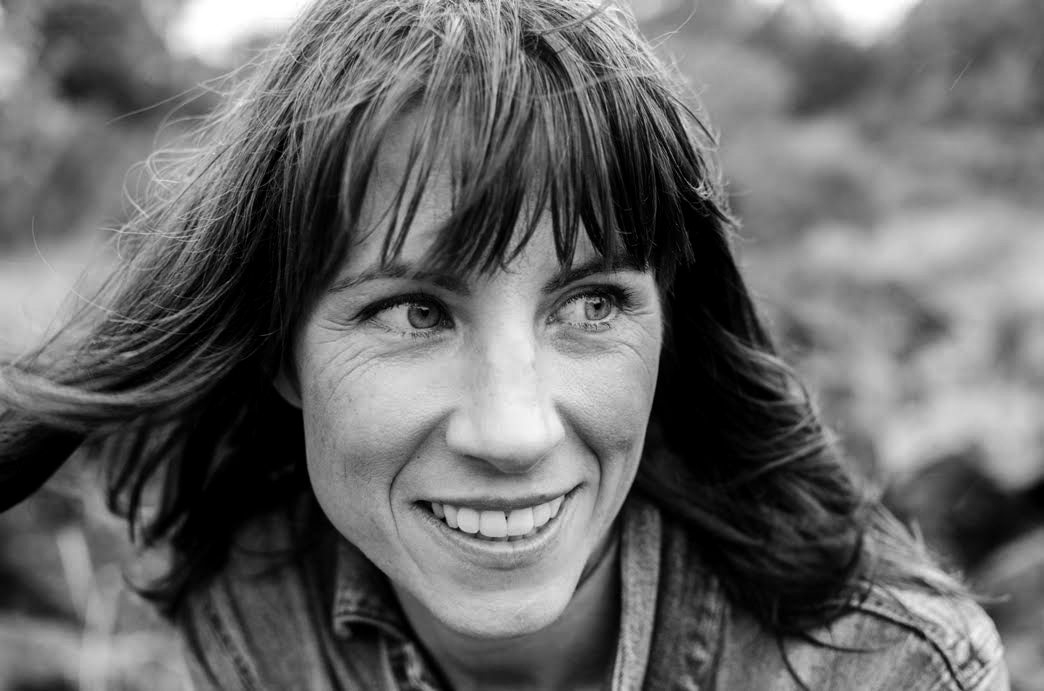 Image by Nicholas Walton-Healey
Image by Nicholas Walton-Healey
‘DELETED’
Four years ago, writing an essay on David Malouf, I learned that Hawthorn Library held a copy of his first poetry collection, Bicycle and Other Poems (1970). I borrowed it, and, sadly, I returned it, too. Today, I rang the library to find the book. The friendly librarian on duty told me that it had been ‘deleted’ from the catalogue. She could find no record of whether they had given it away or thrown it in the recycling bin.
She asked whether I’d like them to order it back in. I said yes, I would. It was an edition limited to a hundred copies, and rare, though I had seen one available. She said that she would need to ask permission to order in a book like that. They had ‘deleted’ it without realising that it might be hard to replace.
This librarian told me that she was not sure whether (or not) she had the authority to tell me what other poetry books they had ‘deleted’. She said that the library did keep a record of what they had ‘deleted’, but only until each record was superseded by the next. She didn’t know why they had no record of what they had done with Bicycle and Other Poems. She said that she would need to ask a ‘Specialised Collection Development Librarian’ whether their record of ‘deleted’ poetry books was confidential.
The friendly librarian on duty referred me to the Boroondara Council Policy Document that governs such decisions:
Section 4.5 De-Accessioning
Materials may be discarded due to damage, poor physical condition, inaccurate factual information or lack of usage. Resources in high demand or of enduring interest will be nominated for replacement. If these items are no longer in print or available for re-purchase, library staff, if possible, will repair the item, or it may be sent to a professional binder to ensure its longevity.Materials removed from the open shelves are disposed of in several ways. They may be allocated to the Stack collection, donated to other libraries, interested parties and charities, or recycled. This policy statement on de-accessioning is supported by internal procedures.
Boroondara Library Collection Development Policy
Responsible Directorate: Community Development
Authorised by: Kate Brewster
Date of Adoption: June 2016
Review Date: June 2017
Policy Type: Administrative.
It looks as though – during the ‘internal procedures’ that ‘supported’ Hawthorn Library’s ‘de-accessioning’ – nobody considered whether poetry books might count as ‘resources … of enduring interest’.
On LinkedIn, the ‘Manager, Community Information and Libraries’ at the City of Boroondara describes herself as ‘an innovative and results-driven leader, with a track record of success in management consulting …’. She manages ‘five contemporary libraries’, including Hawthorn Library. From May, 2016 to the present, she ‘advocated for and received $850K of additional funding to implement state-of-the-art technology.’ She also ‘implemented best practice staff training for dealing with difficult customers …’
From the Boroondara Library website: ‘Everybody knows the library is the place to be if you have a love of reading. But did you know we offer much more than just printed books?’
The poetry books are vanishing from other libraries, too. I went to Carlton library to look out a poetry book. They used to have shelves of anthologies and Australian and overseas poetry collections. It was never comprehensive but it was interesting – they had Jennifer Maiden and Pi O and Antigone Kefala and Robert Adamson and Gig Ryan and Vicki Viidikas and Ouyang Yu and Brendan Ryan and John Kinsella and Jill Jones. I went to the place where their collection used to be. They had one poetry book on the shelf. It was by Clive James.
I asked the librarian on duty, where their poetry collection had gone. She said some may have gone in a ‘pop-up sale’ in the foyer. Some may have been donated. The rest went to the recycling bin. She said that if I wanted to fill out a request form, the library would be happy to buy more poetry books.
Gig Ryan’s Pure and Applied is available for £234.30 on Amazon. ‘Former library book’, starts the description of it. Will the library order that one in again?
That same week, Jacinta Le Plastrier of Australian Poetry (AP) had an email from the friend of a prisoner in Western Australian who likes poetry. ‘Seems they’ve emptied their library of what he enjoyed.’ His friend was contacting AP for reading recommendations. Apparently, he had been told that he could order a new poetry book in.
Is this happening everywhere? AP accepts contemporary and heritage poetry book donations for its library, open by appointment. And the Carlton Library is planning a series of poetry readings.
Meanwhile, I was reading the astonishing range and number of good poems submitted to this NO THEME VII issue – almost 2000 of them. This is a tribute to poet and ,em>Cordite Poetry Review editor Kent MacCarter, whose integrity, open-mindedness and constant commitment makes this publication vital to poetry in Australia.
If you submitted to NO THEME VII, thank you. I am sorry that I could accept only about 3% of submissions, which meant turning away a lot of poems that I liked and admired. There must be something random and wilful built into acceptance at those odds. In acknowledging that, I tried to put together an eclectic lot of poems – individual, unlike each other, memorable to me, and sparky on each rereading.
I don’t feel like singling out single poems, beyond drawing your attention to the work of Ngankiburka-mekauwe (Senior Woman-of-Water) Georgina Williams, Traditional Owner and Female Elder Clan-to-Country Custodian Narrung’Kaurna Yerta (country). She has carried this poem ‘Coming Home’ with her for many years, and it is a honour to publish it here, with a recording by artist and curator Lisa Harms.













